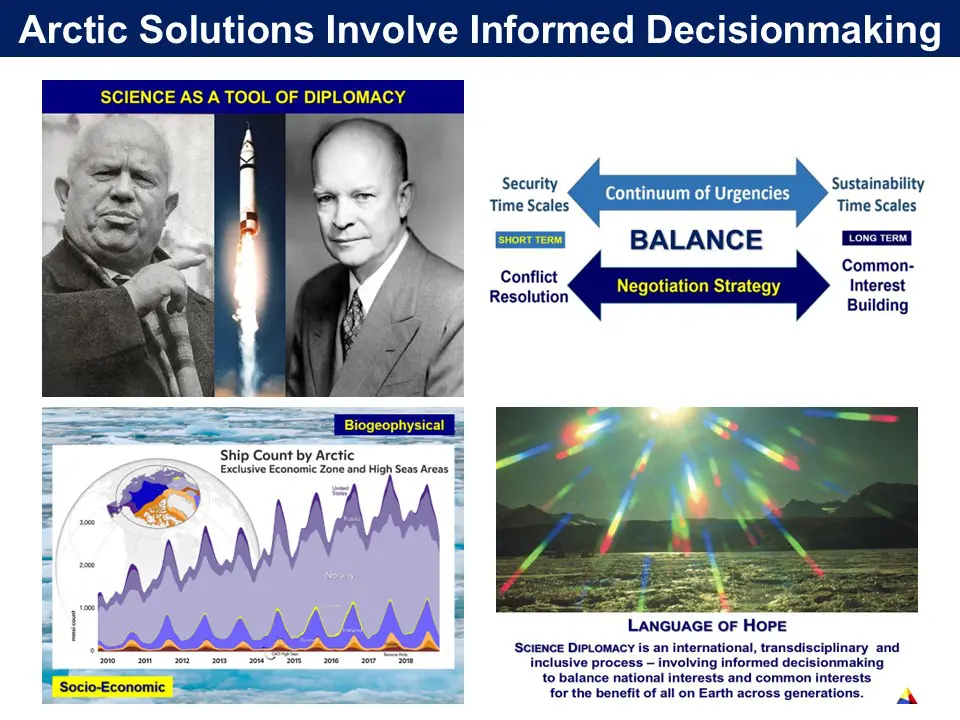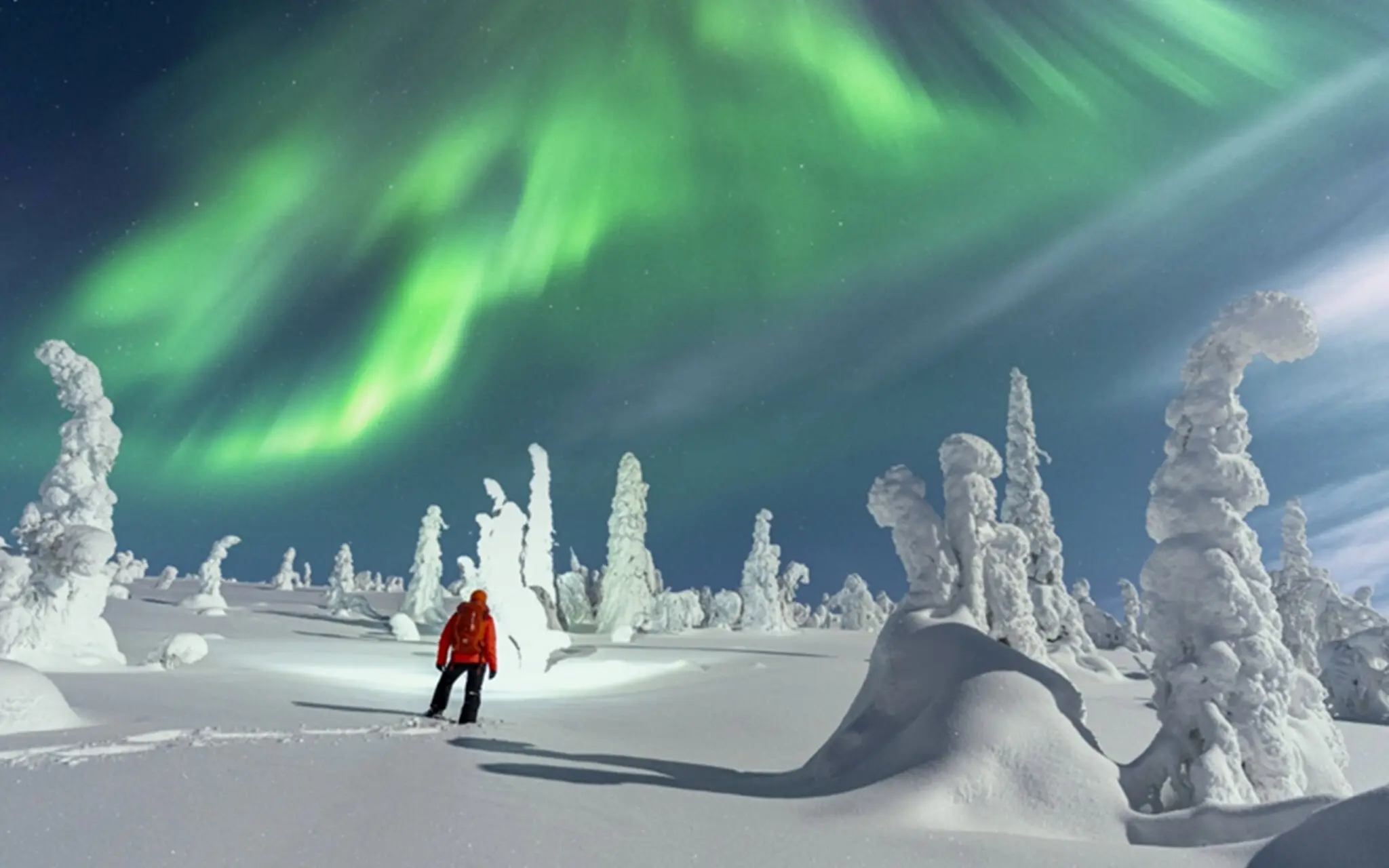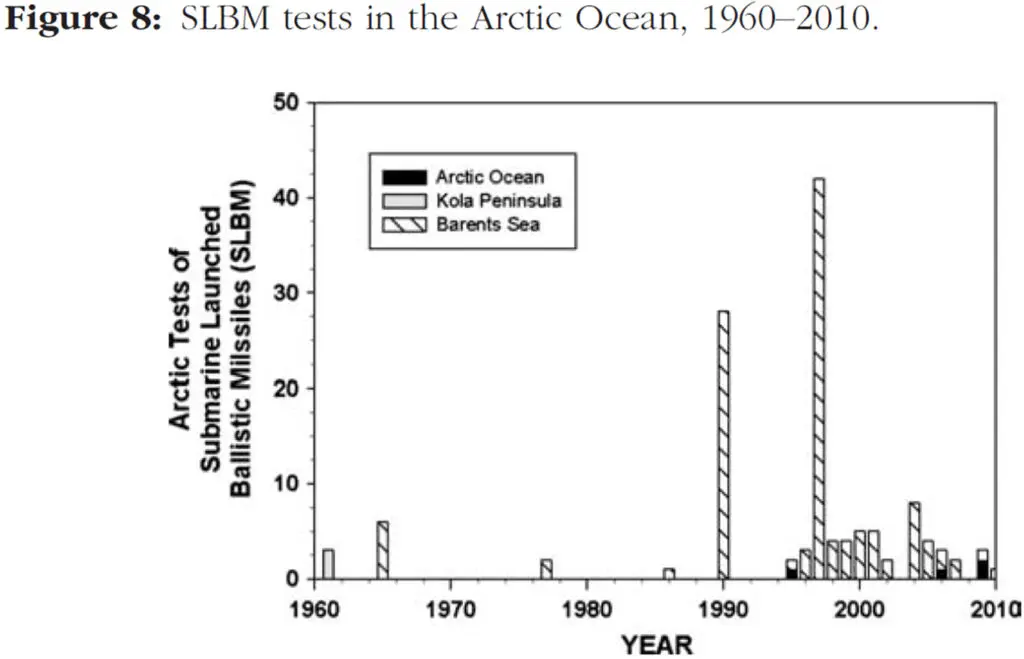Ukraine and the Arctic are Intertwined
An International Expert Seminar on “The American Factor in Indo-Russian Relations in the Arctic” was convened in Moscow, Russian Federation, on 24 September 2025 by The Arctic Century – Arctic Research Centre, Alexander Gorchakov Public Diplomacy Fund and Institute of China and Contemporary Asia of the Russia Academy of Sciences (ICCA-RAS). Prof. Paul Arthur Berkman delivered an invited presentation online about Pan-Arctic Cooperation with Global Inclusion: Addressing Urgencies Across Security-to-Sustainability Time Scales. Supporting Open Science and transparency with common-interest building, this recent presentation complemented observations he shared at an analogoues meeting in Washington, DC in June 2025 about Arctic Excetionalism.

Circumpolar cooperation is illustrated best by Pan-Arctic leadership of the Arctic Council from 1996 until the 24 February 2022 invasion of Ukraine by Russia and the immediate “pausing” of this high-level forum by seven of the eight Arctic states in response, effectively ignoring their 1996 Ottawa Declaration that the “Arctic Council should not deal with matters related to military security”.
Considering the 2022 Ukarine war transformed the peaceful and mutually productive dynamics of the Arctic, could the polarity be reversed with the Arctic as a path of dialogue to end the Ukraine war?Â

Common Interests in the Arctic and UkraineÂ
An Arctic path to end the Ukraine war may seem unlikely – especially in the absence of inclusive dialogues among the relevant nations to build common interests, which is exacerbated by the dearth of current diplomatic capacities, beyond flash-in-the-pan political successes. The relevant nations certainly include Russia and Ukraine, but with geographic considerations that cross Europe in view an age-old adversary that stimulated development of the North Atlantic Treaty Organization (NATO) in 1949.
The dynamics of the Ukraine war also involve the United States, pointedly in view of the meeting between between Presidents Donald Trump and Vladimir Putin in Anchorage, Alaska, on 15 August 2025, when their “common heritage” was mentioned in this Arctic region where the longest maritime boundary exists between any two nations on Earth.
The Arctic is further displayed as a common interest of these United States and Russian Presidents with their 2018 meeting in Helsinki, Finland, which followed directly from the invitation of Finnish President, Sauli Niinistö, at the International Arctic Forum in Arkhankelgsk, Russia, in March 2017.
Whatever the historic, economic or security rationale, the Greenland interests of President Trump demonstrate unambiguously again the importance of the Arctic in United States and world affairs.
For future negotiations – hopefully to make informed decisions that operate short to long term with common interests – consider the Arctic is far more important to the future of Russia than Ukraine. This observation is based on consistent comments by Vladimir Putin in the five International Arctic Forum dialogues in Russia from 2010-2020 – heard firsthand by Prof. Berkman – all emphasizing Russia’s economic future is in the Arctic.  In a counter-intuitive manner, the economics of the Arctic are a stabilizing feature, which could extend to Ukraine.
Creating Incentives and Diaolgoue to End the Ukraine War
Incentives for Russia and Ukraine to end the war currently are absent, as observed by Dmytro Kuleba (former Ukarine Foreign Minster) in May 2025.  However, the incentives for Russia and Ukraine along with Europe and the United States may be found in the Arctic as a globally-relevant region that is, has been and will be strategically central to world peace.
 This observation is based on the severe reality that there have been more submarine launched ballistic missile (SLBM) tests in the Arctic Ocean after the Cold War ended than in the preceding decades, as Prof. Berkman published in 2010 when he co-convened, co-directed and chaired the first (and only) formal dialogue between NATO and Russia regarding security in the Arctic.
This observation is based on the severe reality that there have been more submarine launched ballistic missile (SLBM) tests in the Arctic Ocean after the Cold War ended than in the preceding decades, as Prof. Berkman published in 2010 when he co-convened, co-directed and chaired the first (and only) formal dialogue between NATO and Russia regarding security in the Arctic.
With respect to the world leaders who will end the war in Ukraine
The Arctic path for dialogue to end the war in Ukraine is an option (without advocacy), which can be used or ignored explicitly.  The same path was applied globally with science as a tool of diplomacy to end the Cold War, empowering the North Pole as a “pole of peace” to address “burning security issues”, which again confront the survival of all on Earth.
